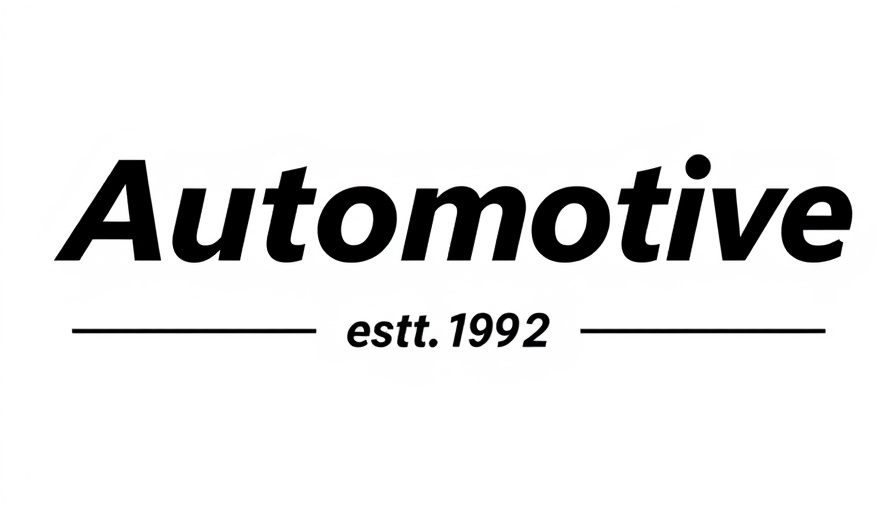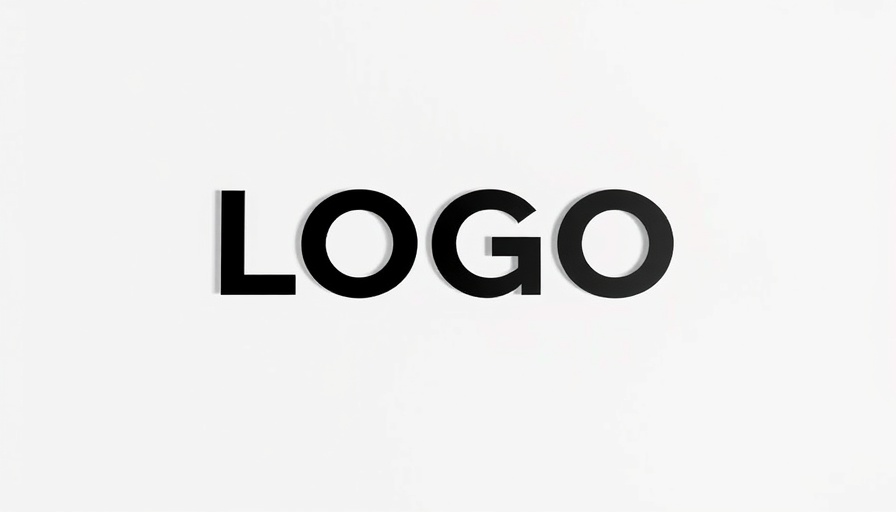
Tariffs Set to Drive Up Used Car Prices
The recent imposition of a 25 percent tariff on imported vehicles is expected to have significant repercussions for the automotive market. With new vehicle prices set to increase, many consumers may find themselves turning to the used car market as an alternative. However, analysts warn that this shift will not lead to decreased prices for pre-owned vehicles, as supply constraints continue to plague the market.
The Impact of Stretched Used Car Supplies
The ongoing shortage of used cars stems from a combination of factors, primarily the production delays caused by the COVID-19 pandemic. As manufacturing plants were forced to close, the available inventory of both new and used cars dwindled significantly. According to Jeremy Robb, a senior industry analyst at Cox Automotive, the existing stock of used cars has aged, limiting consumers' choices to older models with potentially higher mileage.
The Supply and Demand Dilemma
The principles of supply and demand dictate that as new-car prices rise due to tariffs, more buyers will shift their focus toward lightly used vehicles. This surge in demand will inevitably push up prices in the used car segment, making it increasingly difficult for budget-conscious buyers to find affordable options. Furthermore, Robb points out that with fewer off-lease vehicles entering the market, the average age of used cars is rising, creating additional barriers for consumers in search of more recent models.
Historical Context: Lessons from the COVID-19 Era
It may be worth noting that the current market is drawing comparisons to the volatile auto industry experienced during the pandemic. At that time, significant factors such as supply chain disruptions and chip shortages led to a surge in used car pricing as demand exceeded supply. Though analysts predict that current inflation rates will not reflect pandemic-level spikes, they do anticipate that used vehicle prices will remain elevated for several years as long as tariffs are active.
Buyer Considerations During Tariff Implementation
For buyers considering entering the used car market during this turbulent time, several factors should be weighed. An immediate focus should be on budgeting effectively. As prices are expected to rise, scrutinizing financing options and exploring trade-in values accurately can empower consumers to navigate the market more strategically. Additionally, consumers should consider the reliability and maintenance history of pre-owned vehicles to secure the best investment.
Your Next Steps in the Used Car Market
As the automotive landscape continues to evolve, consumers and dealership owners alike must adapt to the changing environment. Understanding the influences of tariffs and market dynamics is critical for making informed buying or selling decisions. If you're a dealership owner, consider implementing training programs that equip your staff with the skills required to guide consumers effectively through this complex market.
In conclusion, while the used car market is expected to face elevated prices due to new-car tariffs, being informed and prepared can help consumers make savvy choices that align with their financial goals. Now is the time to take action—assess your options, explore your needs, and before you make a decision, ensure that you are prepared for what lies ahead in the used car market. For more insights that empower your decisions in this changing landscape, visit DealerSuccessPlaybook.com, where we provide daily actionable content tailored specifically for dealership owners and sales professionals.
 Add Row
Add Row  Add
Add 

 Add Row
Add Row  Add Element
Add Element 




Write A Comment